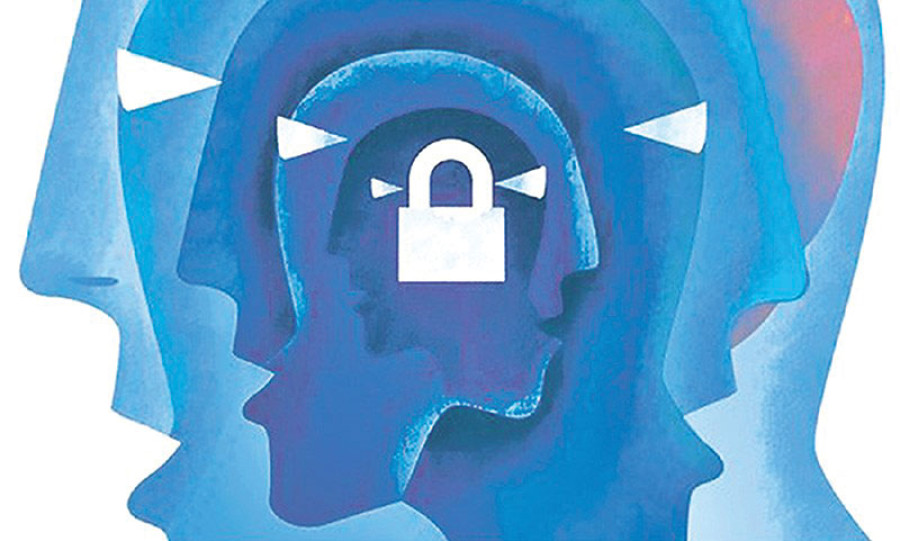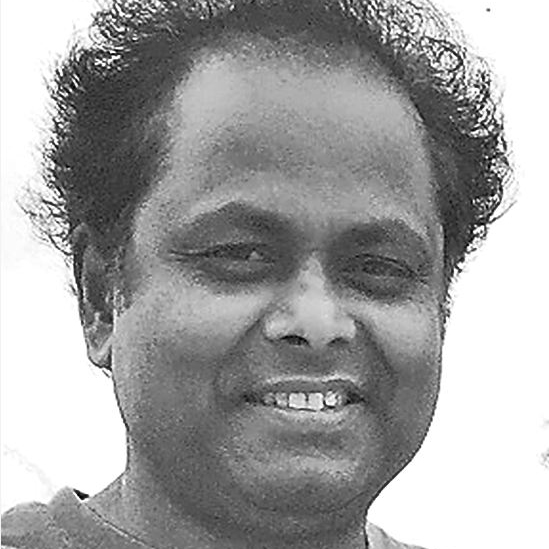Opinion
A French lesson on nationalism
Sport’s links with nationhood, migration and culture
Pramod Mishra
France defeating Croatia in 2018 World Cup final, like its first FIFA victory in 1998, raised some questions and answered others. Like cricket and colonialism, a World Cup victory or loss has close links with nation-state and nationalism, immigration, race and other such sociological and geopolitical issues.
Croatia won the world’s heart and critical acclaim by it fine performances throughout the tournament in Russia. The Croatian team’s celebrations in Zagreb saw a fringe right wing group display Nazi flags. While editorials, published by a section of the world press, described France’s World Cup victory as the triumph of immigration. These commentaries come at a time when right wing politicians in many countries use anti-immigrant agenda to mobilise citizens against internationalism, cosmopolitanism and liberal policies.
Consider the composition of the French football team—Antoine Griezmann’s father migrated from Germany and his mother is of Portuguese descent. Kylian Mbappé’s father is from Cameroon and his mother is Algerian. Paul Pogba’s parents are from the African country of Guinea. Defender Samuel Umtiti, whose sole header demolished the Brazil-defeating mighty Belgium, was born in Zaire. Others descended from Algeria, Mali, Mauritania, Morocco, Senegal, Germany, Italy, Portugal and Spain.
Contradictory interpretations
The French victory was also interpreted as the French nation’s healing and coming together of black and white, Christians and Muslims, immigrant-dominated, poverty-stricken suburbs and the predominantly white, wealthy city of Paris.
Two sets of widely circulated contradictory interpretations in the world press and social media raised my heckles. Some commentators described France’s success as Africa’s triumph because two-thirds of its team comprised players either, born in Africa or children of African migrants. In the aftermath of European colonialism and sustained racism and discriminatory policies and practices against immigrants from Africa, this sort of interpretation could, at best be called frustration. One can say African triumph when an African team such as Senegal, Nigeria, Cameroon or even Egypt or Morocco wins the World Cup.
Many of African teams show flashes of brilliance, but until they win, a World Cup this interpretation will remain as Africa’s failure in many fields, including sports, despite its enormous potential. This kind of interpretation will continue to show that the postcolonial countries may possess the potential, but it is realised only in the prosperous West. There is hope because, if India can triumph in World Cup cricket, albeit only a few countries compete compared to football, why not Africa that comprises 54 countries?
The aftermath of multicultural French team’s triumph also activated the racists in social media. For example, an image of non-white French players circulated on the social media with the heading— “This is France?” When a friend noticed such memes in social media, he told me to comment on it. I told him that nation-state and nationalism are too complex for a racist to comprehend. I will explain here what I meant.
Long way to go
Nationalism and the idea of a nation comprising a homogeneous linguistic, religious, or ethnic community was an 18th- and 19th-century European concept the rest of the world could not challenge either its definitions or its ways. European history shows how powerful, but how damaging this homogeneous idea of nation and nationalism turned out for Europe with its endless wars and bloodshed leading up to the destruction of the world in the Second World War. The right wing in the West still clings to this idea and has recently been successful in fanning public passions.
In Britain, it is an idea of Britishness, elsewhere, perhaps, the idea of white supremacy. Many, even in a least developed country like Nepal, explicitly or implicitly invoke this idea and have successfully mobilised people in elections. But for how long?
The question we can ask is, why has this idea been so powerful? One of the reasons is that humans are social animals. Group identity provides a sense of belonging. Common religion or denomination, common language, similar skin tone or looks provide a comfort zone. An anecdote from my own experience would illustrate it better.
In 2005, I took my mother to Vellore, Tamil Nadu, for medical treatment. My mother had survived all her life by befriending strangers. In fact, she had given me a sense of kinship by making Muslims and Rajbanshis her own people. Some became her sisters and brothers, others her mother. Now she is in South India and suffers from dementia, she gets paranoid among strangers. One day, when I left her in the waiting room of a hospital, she tried to befriend her fellow patients by speaking Hindi, Nepali and Maithili. Nobody understood her; she did not understand anybody. When I returned, she said, “Where have you brought me? Nobody understands me. I do not understand anything they say.” I thought that was natural. It was Tamil Nadu. Then she said, “Such people can even kill you! Take me home. I do not want any cure here.”
So, a racist of course does not get it. The problem arises when liberals, educated people fail to get it or choose not to for reasons of self-interest. That is what seems to have happened in France winning the World Cup. During the celebrations, widespread looting ensued when the impoverished population from the suburbs of Paris poured into the city. Nobody can justify vandalism and looting even if the impoverished, unemployed youth seemed to say, “You won the World Cup by the sweat of immigrants; now, give us our share.”
So, France, like many other nation-states has a long way to go in emerging from the limited ideas of nation and nationalism. It has look at itself and the world afresh to understand itself and the world fully in all its complexity. That is the real lesson of France winning the FIFA 2018 World Cup.




 9.89°C Kathmandu
9.89°C Kathmandu










